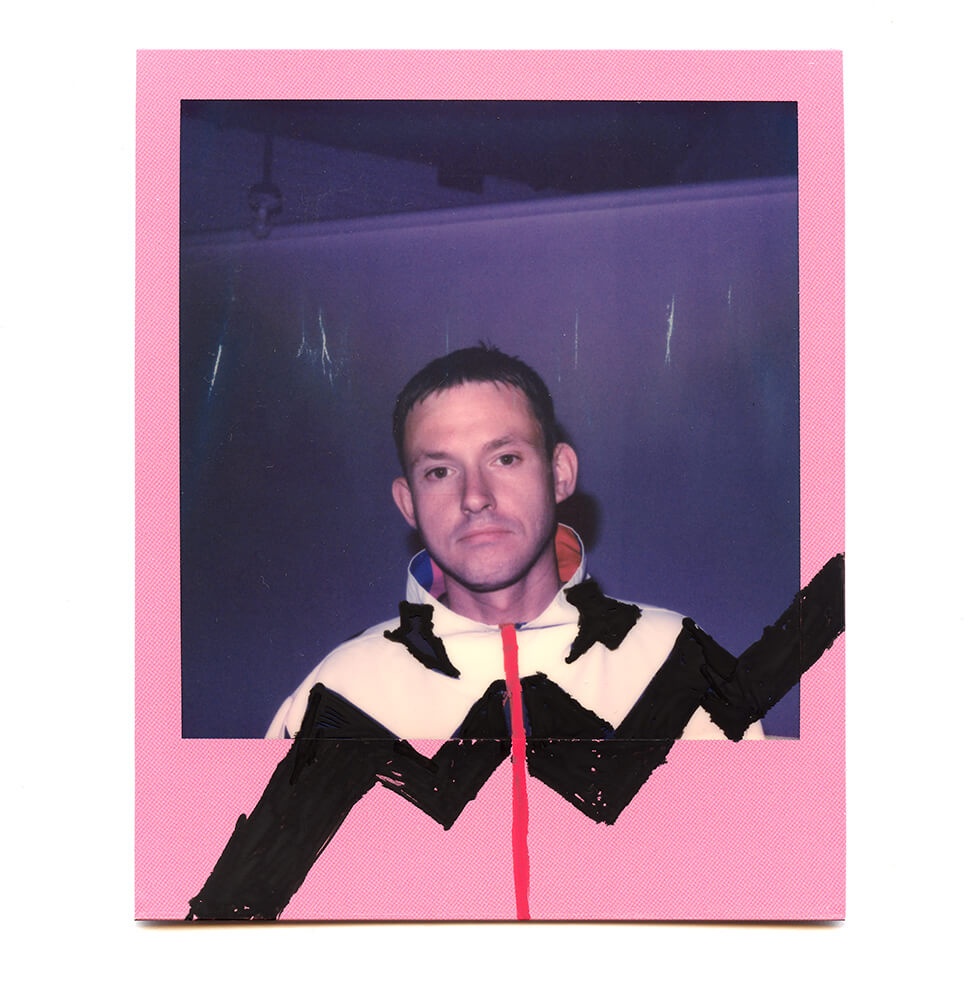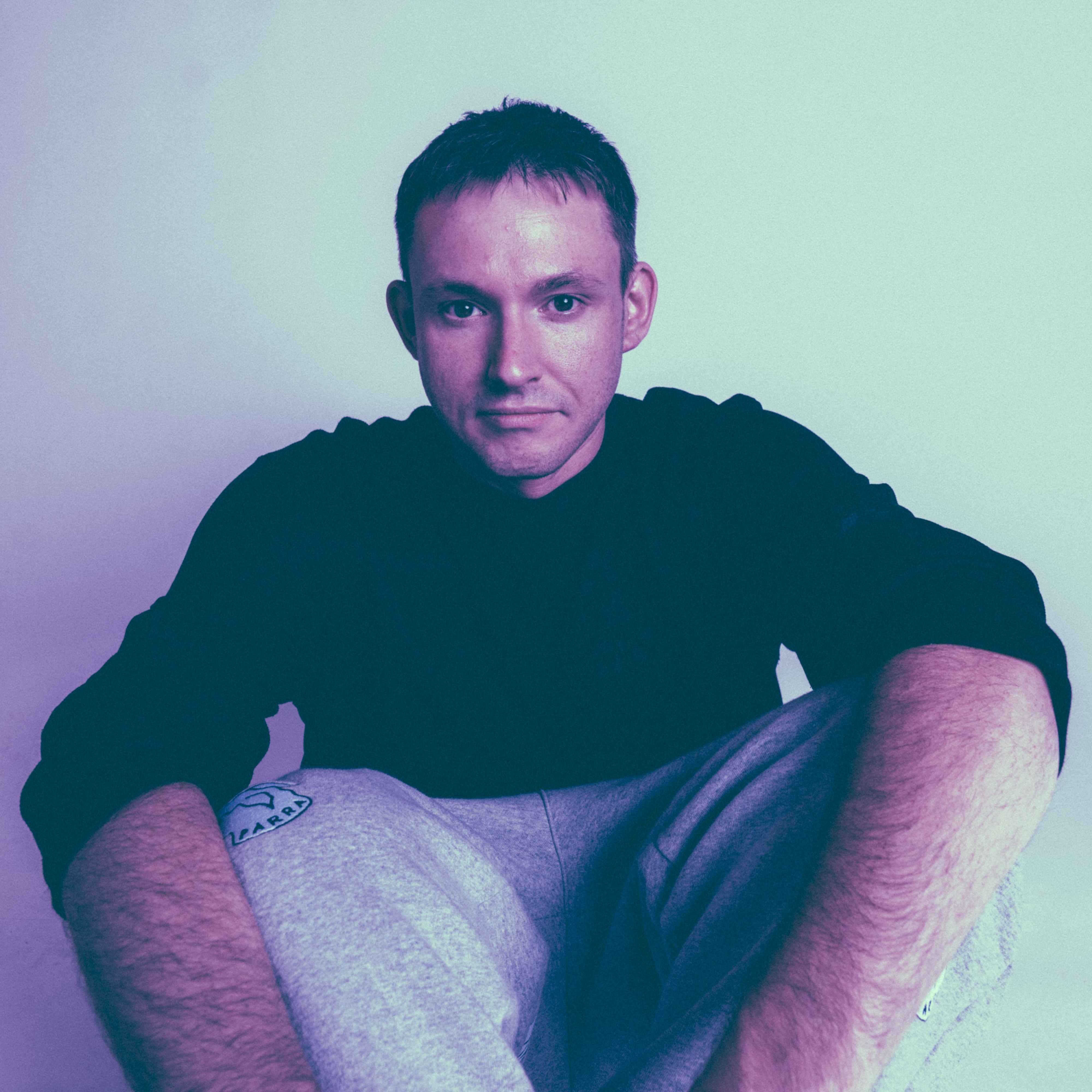Hudson Mohawke follows his own rhythm
Hudson Mohawke’s intuitive beat making leads him to unconventional sounds.
Ross Birchard’s work under his Hudson Mohawke moniker is an ever-changing catalogue of masterfully mixed sounds with a distinctive curious energy and unconventional charm. His formative years DJing in Glasgow paved the way to global appreciation and collaborations with heavy hitters in electronica and hip hop.
With many years in the game working as a producer and DJ, Birchard’s beatmaking methods have continued to flow from a natural place of creativity. “It tends to be a mix, but when I’m making sample-based music it’s more of an innate thing,” he says.
“Just listening to a lot of things and seeing if anything jumps out at me emotionally. I always find that it’s a mistake to let it become quite a methodical process.”
Known for his eclectic blend of genres, Birchard’s desire to continuously push for innovation in his music also extends to his creative processes. “I don’t like to make a bunch of things in exactly the same format, which is sometimes to my detriment because then I have people complaining that ‘this thing sounds nothing like the last thing that you did’. Even though it involves a lot of the same processes, I try not to have a templated way of approaching it,“ he explains.
With sampling consisting of taking something that already exists in one form to repurpose in another, these samples often bear unique characteristics retained from the original artists. It’s a real skill to be able to shed the existing traits of a sample and make it your own. In Birchard’s music, the challenge of imbuing your own artistic trademarks in that reinvention is all part of the appeal of beatmaking.

“I think it’s really interesting to hear something and think ‘how can I completely repurpose this and make something new out of it with these minimal set of tools?’. I might hear one element in something, or a little chunk of this and a piece of that. That, to me, is something that I always was and still am fascinated with.” Having his mind blown by the alchemic power of turning samples into entirely new masterpieces by beat pioneers like J Dilla and Just Blaze in his formative years, Birchard was set on the path to conjure up his own creations, making familiar sounds almost unrecognisable in new sonic surroundings.
“I think also it’s a weird sense of personal satisfaction. It’s almost like it’s a challenge to yourself; how can I flip this in such a way that it’s exciting to me, where I haven’t just taken a loop and whacked some drums over it, but I’ve worked this in such a way that it’s really engaging to me as I listen to it.”
Staying human
For beatmakers, trying to latch on to a driving rhythm that sticks but still moves in tandem with a human beat can be challenging. For Birchard, working with electronic music isn’t about sacrificing flow for grid-perfect beats, but moving where the song tells you to go. He takes an organic approach, influenced by his early days making music using more traditional methods.
“I used to drum a lot, do a lot of turntabling, scratching, and beat juggling,” he recalls. “I think that lends itself to a more human form of music making. Even when it comes to programming, I won’t even realise until afterwards that I’ve made the drums flow in a certain way because subconsciously it’s related to the feeling of me drumming. I rarely make things that are strictly on the grid. I always want something to feel like it has more of a human element. Even if it’s very electronic sounding music, I usually try and do it in such a way that it feels like it’s human.”
Hudson Mohawke’s unconventional sound was birthed from similarly unconventional learning methods in Birchard’s early days making beats. A combination of feeling his way through production and homing in on how the music should feel, rather than a strictly technical focus brought out unexpected sounds. “I learned by making beats on my PlayStation, then through a computer. I can figure out chords and stuff like that, but more recently, I’ve gotten to the point where I’ve thought ‘I know what I want to hear, but I’m not a trained musician, and I know a bunch of people who are really excellent musicians, but don’t make their own music.’”

Collaborative approaches to beatmaking invited new minds into the sound of Hudson Mohawke. With Birchard able to direct the way samples would sound before they even made their way into his mixes, the nuances to his samples become even more granular. “I normally collect samples from friends, or I have someone come over and play piano or play a bunch of different synths, and I’ll record that and make sample packs of all that stuff. Then, I’ll incorporate that into whatever productions I’m working on.”
Being free of the constraints of having to make every sound for himself invited new ways for Birchard to think about his beats.“I just realized that I’m never gonna be some amazing keys player,” he laughs.
“I can figure out what I want to hear, and I’ll be directing whoever’s playing, but in more of a ‘traditional producer’ sense. Rather than playing it myself, I would think, ‘I want it to have more of this vibe, I want this chord to go here’, so I’m producing in that context but incorporating more friends into the process.”
Collaborative music making also provided more unpredictable moments of inspiration in his creative process, helping to keep his excitement for beatmaking alive. “I really have this kind of aversion to repeating things,” says Birchard. “I’m at the point where if something isn’t sparking interest and curiosity in me, I just think ‘what’s the point in doing this?’. Whether other people like it or not is almost beside the point if I’m just going through the motions of it. I don’t want to be in the situation where I’m doing things that aren’t exciting for me first and foremost.”
It feels as though through much of Birchard’s work, he makes sure that he’s allowing room for natural progression when making his music. “A lot of it comes down to when you’re in the middle of making something, you don’t know exactly where it’s going to go but you have a vision in your head of the direction of it’ll go,” explains Birchard. “I think that it’s important to pay attention to that, rather than aiming to make it sound like something you’ve heard elsewhere.” Removing outward influence and embracing the spontaneity of your own work is key to staying inspired.
“Being in tune with where your own intuition is telling you it should go, rather than thinking ‘this needs to happen here because in some other song that happens there’,” he explains. “Because of our make-up as humans, I guess everybody has a different internal clock and internal rhythm. Even if it’s a little unconventional, learn to pay attention to yourself.”
Words: Zainab Hassan

